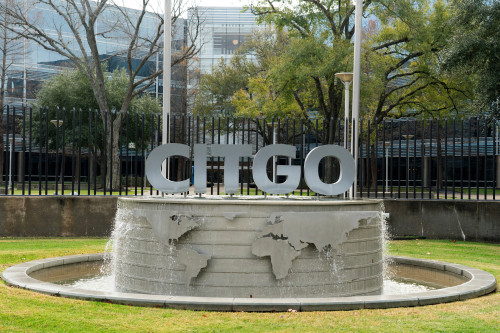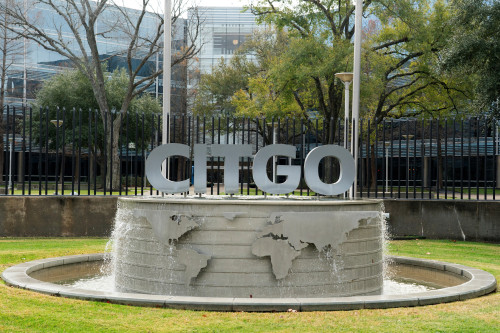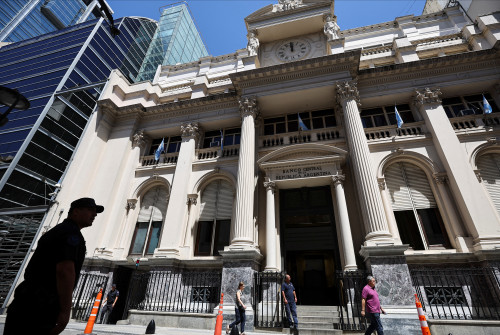By Davide Barbuscia
CHICAGO (Reuters) -A U.S. default is highly unlikely, but negotiations around the debt ceiling are expected to be protracted, Daniel Ivascyn, chief investment officer at U.S. bond giant Pacific Investment Management Co (PIMCO), said on Wednesday.
Speaking at a Morningstar investment conference in Chicago, Ivascyn said prolonged uncertainty around the U.S. debt ceiling could be a headwind for the economy, tightening credit conditions and accelerating the current economic slowdown.
“Our highest level of conviction right now is that there’s not an obvious near-term solution,” Ivascyn said, adding that a compromise could be reached at the last minute.
A standoff between Republicans and Democrats over raising the $31.4 trillion U.S. government borrowing limit has started to affect money markets, after tax receipts recently indicated that the deadline to raise limit could be sooner than expected.
On Wednesday, former U.S. Treasury Secretary Lawrence Summers said the odds that the U.S. government could face a technical debt default were at around 2% to 3%, but that any default would be fixed quickly.
The risk of a U.S. default – which could have heavy repercussions for global financial markets – comes at a time of already high volatility in markets due to concerns around financial stability and inflation, as the Federal Reserve seeks to curb price pressures while being mindful of the impact of significantly higher borrowing costs on the economy.
“You’re introducing a debt ceiling standoff at a time where there’s just lots of other uncertainty,” Ivascyn said, adding this could translate into a further reduction in risk-taking from households and corporates, which could exacerbate economic weakness.
Ivascyn said he was seeking to maintain high liquidity to withstand potentially more volatility in financial markets caused by the borrowing limit standoff.
“Anytime you have more volatility, it’s great to be more liquid. … Future volatility equals future opportunity if you have the flexibility to adjust your positioning,” he said.
(Reporting by Davide Barbuscia; Editing by Leslie Adler and Jonathan Oatis)





